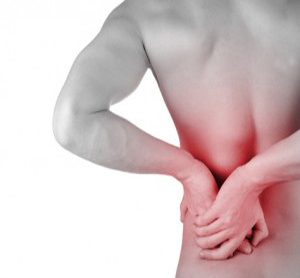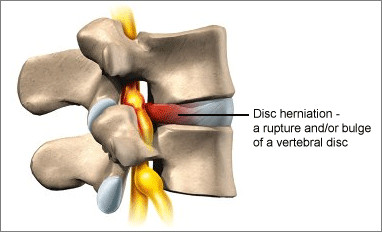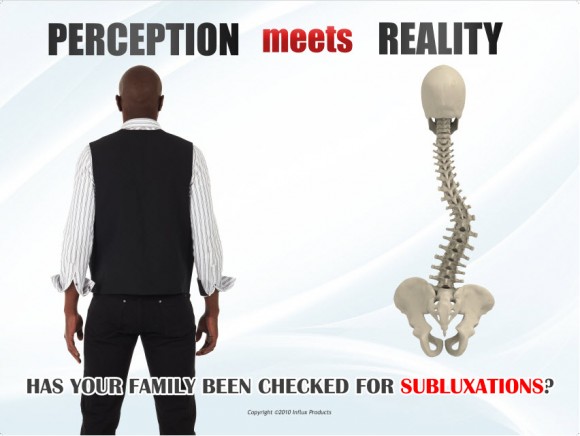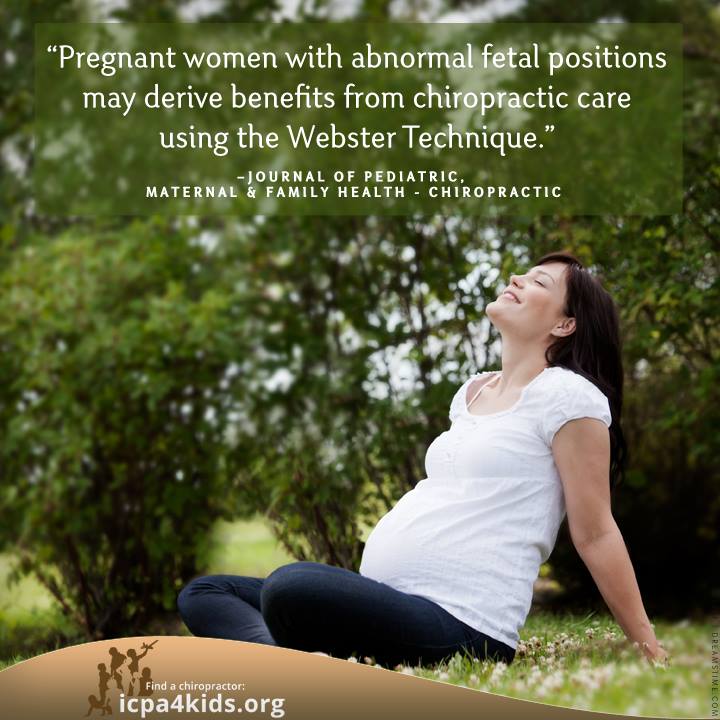Forward Head Posture
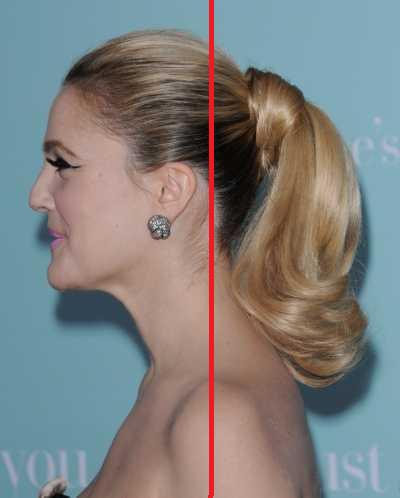
Watch the video here
Texting and using mobile devices for long periods of time could lead to lower life expectancy, according to the United Chiropractic Association (UCA).
Forward-leaning posture increases the risk of an early death in elderly people and there are fears that younger people might be knocking time off their lives by using this posture when they text, go online, send emails or play games on phones and other mobile devices.
The UCA, which has around 600 members across the UK, says that poor posture is as big a health risk as obesity and is highlighting the dangers as part of its Spinal Awareness Week on 12-16 May.
Studies suggest a link between forward-leaning posture in older people and hyperkyphosis, which is associated with pulmonary disease and cardiovascular problems.
The UCA points out that elderly people with even a small degree of hyperkyphosis have a 1.44 times greater risk of mortality than those without. This is a similar figure to increased risk of death presented by a body mass index greater than 30.
UCA executive member Estelle Zauner-Maughan, explained why using mobile devices could prove such a risk: “We tend to drop our heads forward which rounds the shoulders and this is what we term forward-leaning posture.
“People are now definitely at an increased risk of having problems through the top of their neck and back because of their posture, which is causing a change in the curve of the back. And there is an increased risk that they will develop this earlier on in life because of the length of time they’ve been sitting at computers or using mobile devices.”
Estelle added: “The problem is that when someone drops their head forward and rounds their shoulders, it becomes impossible for them to take a full breath in because of the restriction through the muscles and because the ribs can’t move properly. So the heart and lungs can’t function to their full effectiveness. Research is suggesting that the decrease in life expectancy comes from this.”
UCA chiropractor Edwina Waddell has noticed forward-leaning posture becoming more of an issue at her practice in Putney: “It’s something I notice every day and use of mobile devices is a factor,” said Edwina. “So many of us have structured our lives in a way that means we use computers, mobile phones, tablets and laptops at work and in our leisure time as well.
“Posture has been an overlooked factor in our health but research is helping us to raise awareness of it and people are now beginning to realise that good posture is more than about how it makes you look; it’s important for your health on a day to day basis and it can be important in terms of your life expectancy.
“This isn’t alarmist or scaremongering; it’s what more and more research is telling us. And the good news is that it doesn’t have to happen because it’s something we all have a degree of control over. We can change our habits. For example, restrict the amount of time you spend on mobile devices. And bring them up to your eye level, so that you’re not looking down.”
The UCA is urging people to have their posture checked by a registered chiropractor and to take steps to safeguard their posture and health: Edwina said: “A lot of people might not even realise anything is wrong with their posture. A check-up enables potential problems to be corrected before aches and pains begin and before risks are allowed to develop further.”
www.unitedchiropractic.org
Forward Leaning Head Posture | United Chiropractic Association
References for this story:
Journal of American geriatric society Hyperkyphotic Posture Predicts Mortality in Older Community- Kado, Huang, Barrett-Conner, Greensdale Hyperkyphosis Predicts Mortality Independent of Vertebral Osteoporosis in Older Women- Kado et al J Am Geriat Soc 2004 Oct;52(10):1662-7.
Narrative Review: Hyperkyphosis in Older Persons- Kado et al. Ann Intern Med. 2007 Sep 4;147(5):330-8.
New England Journal of medicine, Overweight, Obesity, and Mortality in a Large Prospective Cohort of Persons 50 to 71 Years Old Kenneth F. Adams, Ph.D., Arthur Schatzkin, M.D., Tamara B. Harris, M.D., Victor Kipnis, Ph.D., Traci Mouw, M.P.H., Rachel Ballard-Barbash, M.D., Albert Hollenbeck, Ph.D., and Michael F. Leitzmann, M.D.
N Engl J Med 2006; 355:763-778August 24, 2006DOI: 10.1056/NEJMoa055643
belfast, chiropractor, back pain, neck pain, headaches, migraine


